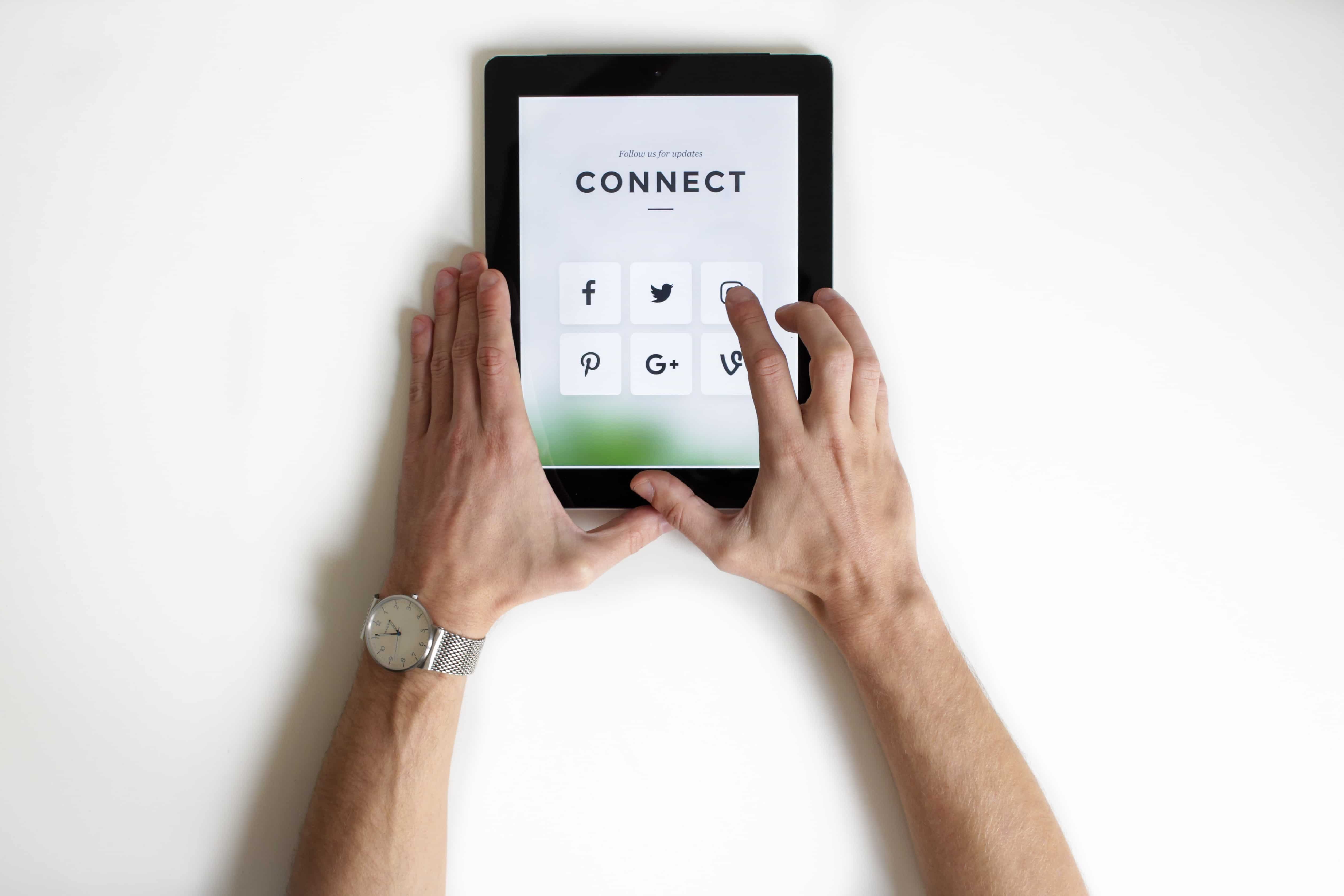A question which many clients asked this summer was, “How should my brand behave on social on 9/11?”. We discussed and debated. The conversations were patriotic, philosophical and often emotional. But then we realized that we’re all marketers. “What do real people think about this?”, asked Brad Bradley, one of our account managers. So Brad took to Facebook, asked his friends, and this is what he found out.
Should brands post to social media on 9/11? The answer to this question is emotionally complex, and the degree to which companies ‘get it right’ will depend upon the emotional intelligence of the company’s social media strategy.
We marketers all have an opinion on the matter. But how do consumers feel? I took the question to my personal network, which ranges from national and global marketers to retired U.S. military and local retailers.
Forget your intention, it’s all about perception
Part of the equation relies upon the brands’ intent, as well as how its social media followers interpret said intent. While the goal might be to tastefully pay tribute with no outspoken commercial goal, will brand followers still consider the tribute to be marketing? After all, the sole purpose of a company’s brand channel is to commercially market itself.
Many users are of the opinion that ANY brand post might be interpreted as marketable intent unless specific charitable efforts are involved. Cliff, a retired U.S. military in my network, feels strongly that the only way brands should even discuss the topic is if they’re raising charitable funds: “I think it’s bad form to use [9/11]”. But even then, charity is a slippery slope: isn’t all corporate goodwill a marketing effort? “the company should be doing this without attempting to boast about their participation. The goodwill associated with assisting the charity should be enough” adds Steve, a North Carolina Sales Manager. Marketers know that it can’t always be that simple, but it’s nonetheless interesting to know this this is what many people expect.
Some people would however give a free pass to brands directly affected by the event: “If the company had a direct connection to 9/11, like United Airlines, Morgan Stanley or the like, it can certainly be a powerful time to reflect on that event publicly.” says another friend, who would prefer to stay anonymous. “If the company does not have that connection, it’d be a pretty challenging time to align themselves with any sort of relevant or poignant stance that the public wouldn’t see right through.“
Budweiser is a good example of a brand which followed these unspoken rules, releasing a tribute TV spot in 2011, with the goal of raising awareness for the fundraising campaign for the National September 11 Memorial and Museum. This 2011 spot was an updated version of a 2002 spot, aired only once and frequently brought back as an example of “how to do it right”- a sign that sometimes, marketers can get it right.
Is “silence” a statement?
Many brands observe silence or “go dark” on 9/11 with little to no social media activity. Some would argue that silence is the only reasonable action, some would actually argue the opposite: my friend Kierstin (who, I must admit, is a marketer like me), feels that “it would be strange for a very socially-engaged company to be silent on such an important day in our history”.
In the past, Verizon Foundation was lauded for announcing its intent to observe silence the day prior in a very sober, non-promotional manner:
Did the Verizon Foundation Trojan-horse some marketing with this? Could the positive emotional connection that Verizon achieved with its followers (and myself) ultimately classify this as “great marketing”? The statement made me feel good about the company for taking such a stance, so was I tricked? Maybe. But part of me feel bad for over-analyzing.
This year, 9/11 comes in the middle of a particularly active hurricane season. This will definitely impact how brands will behave on that day. Can an insurance company or an airline slow down their social media activity in the midst of Irma, for example? I doubt it would be realistic, or appropriate.
Risk management is part of social media management
Social media comes with an inherent risk of negative reaction to brand activity. This balance of risk and reward requires that a company truly understand their social media landscape. Decisions as important as whether or not to post a tribute or statement around 9/11 Remembrance will test the success of companies’ social media management efforts.
Brad Bradley is an Account Manager at The Social Element. He recognizes the irony of this 9/11 post but argues this was born out of genuine interest in the dilemma facing brands on days like today: “Is it good enough that my ultimate intent is to help others make sound decisions around controversial issues like this? Does it help that I’m cognisant and forthcoming with my own irony? In hopes that I get it right, I will simultaneously apologize and thank you for reading.
Learn more about our reputation management services.





